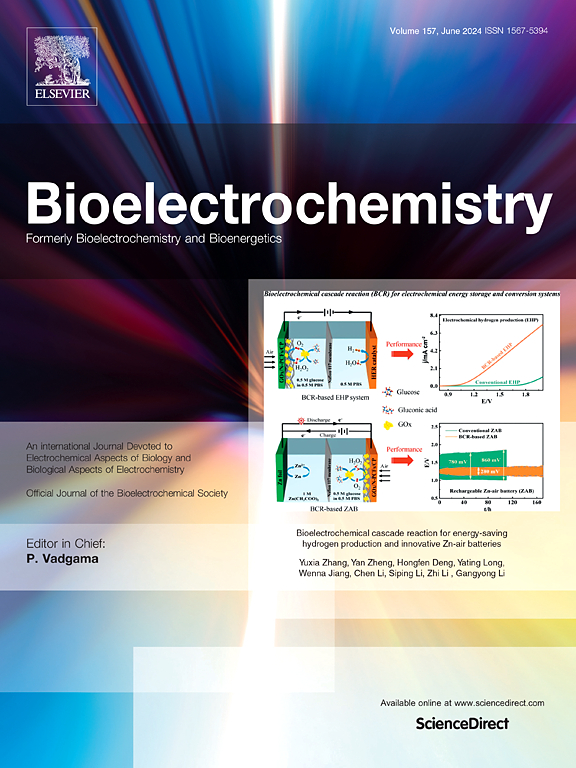Effects of social isolation on locus coeruleus opioid receptor expression and affective behavior
IF 3.6
2区 医学
Q1 NEUROSCIENCES
引用次数: 0
Abstract
Social isolation is a stressor that impairs homeostatic neuroendocrine functions and is associated with the development of several mood disorders characterized by persistent negative affect. Persistent feelings of loneliness have been growing public health concerns for several years and were greatly exacerbated by the onset of the COVID-19 pandemic. The problem has grown so severe the U.S. Surgeon General recently declared loneliness to be an epidemic health concern that is associated with poor mental and somatic health outcomes. Therefore, identifying mechanisms of neuroadaptation that contribute to the development of persistent negative affect is a critical step in the identifying better treatments for mood disorders. One region of the brain that becomes dysregulated in neuropsychiatric disease is the locus coeruleus. It is innervated by multiple stress-related peptidergic afferents, including those that release endogenous opioids to affect behavior. It is a major contributor to the behavioral limb of the stress response, but its role in the neurobiology of social behavior is understudied. Here we show that in laboratory rats, six weeks of social isolation leads to increased neophobia, reduced sociality, and passive stress coping. These behavioral changes are also associated with downregulation of the δ-opioid receptor and upregulation of the κ-opioid receptor in locus coeruleus. These findings suggest that extended social isolation promotes dysregulation of several opioid receptor subtypes in a brain structure that has an important role in regulating affective behavior, implicating them as potential targets for the treatment of neuropsychiatric disease associated with social isolation and loneliness.
社会隔离对蓝斑阿片受体表达和情感行为的影响
社会孤立是一种压力源,它会损害体内平衡神经内分泌功能,并与几种以持续负面情绪为特征的情绪障碍的发展有关。多年来,持续的孤独感一直是日益严重的公共卫生问题,并因COVID-19大流行的爆发而大大加剧。这个问题变得如此严重,以至于美国外科医生最近宣布,孤独是一种流行病,与心理和身体健康状况不佳有关。因此,确定导致持续负面情绪发展的神经适应机制是确定更好的情绪障碍治疗方法的关键一步。在神经精神疾病中,大脑失调的一个区域是蓝斑。它受多种应激相关肽能事件的支配,包括释放内源性阿片样物质来影响行为的肽能事件。它是应激反应的行为分支的主要贡献者,但它在社会行为的神经生物学中的作用尚未得到充分研究。在这里,我们表明,在实验室大鼠中,六周的社会隔离导致新恐惧症增加,社交减少,被动应对压力。这些行为变化也与蓝斑区δ-阿片受体的下调和κ-阿片受体的上调有关。这些发现表明,延长的社会隔离促进了在调节情感行为中起重要作用的大脑结构中几种阿片受体亚型的失调,这意味着它们是治疗与社会隔离和孤独相关的神经精神疾病的潜在靶点。
本文章由计算机程序翻译,如有差异,请以英文原文为准。
求助全文
约1分钟内获得全文
求助全文
来源期刊

Neurobiology of Stress
Biochemistry, Genetics and Molecular Biology-Biochemistry
CiteScore
9.40
自引率
4.00%
发文量
74
审稿时长
48 days
期刊介绍:
Neurobiology of Stress is a multidisciplinary journal for the publication of original research and review articles on basic, translational and clinical research into stress and related disorders. It will focus on the impact of stress on the brain from cellular to behavioral functions and stress-related neuropsychiatric disorders (such as depression, trauma and anxiety). The translation of basic research findings into real-world applications will be a key aim of the journal.
Basic, translational and clinical research on the following topics as they relate to stress will be covered:
Molecular substrates and cell signaling,
Genetics and epigenetics,
Stress circuitry,
Structural and physiological plasticity,
Developmental Aspects,
Laboratory models of stress,
Neuroinflammation and pathology,
Memory and Cognition,
Motivational Processes,
Fear and Anxiety,
Stress-related neuropsychiatric disorders (including depression, PTSD, substance abuse),
Neuropsychopharmacology.
 求助内容:
求助内容: 应助结果提醒方式:
应助结果提醒方式:


